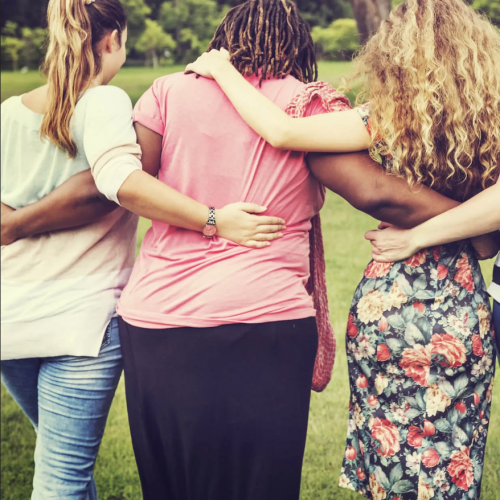
New call for banks and regulators to reform lending and mortgage guidelines to address economic abuse
The Centre for Women’s Economic Safety (CWES) is calling for boosted protections for victim-survivors of post-separation economic abuse, including mortgage and lending reforms to help women and their families stay in their own homes.
Among the Centre’s lived experience advisory panel members, 84 per cent experienced financial and economic abuse after separation and 94 per cent have been left to pay shared financial liabilities or debt belonging to their ex-partner.
It’s a situation also regularly seen in the Centre’s Money Clinic service which provides free, individualised support for women experiencing economic abuse.
Post-separation economic abuse takes many forms, including hiding assets, stripping property pools, refusal to pay child support, creating new costs and debts for partners and critically, by refusing to maintain mortgage repayments. It is perpetrated across all regions, ethnic and religious backgrounds, and all education and income levels.
Women over 55 are the fastest growing cohort of homeless Australians, and domestic abuse is the biggest contributing factor. By assisting victims to stay housed, we can help reduce the impacts of abuse, and support victims to rebuild their lives without facing the risk of homelessness.
Rebecca Glenn, CEO of the Centre for Women’s Economic Safety said, “All too often, we ask ‘why doesn’t she leave’, when our lived experience data shows that abuse doesn’t end at separation.
“Even when there’s not the same physical proximity, perpetrators can still extend control and abuse through economic resources.
“One concerning trend is perpetrators refusing to contribute to mortgage repayments when their partner leaves. In these cases, banks can, and often do, seek full repayments from the victim.
“The concept of joint and severally liable is not well understood in Australia, but it means banks are entitled to chase one party on a joint mortgage for the whole amount owing.”
Recent research conducted by FiftyFive5 for CWES shows that a majority of Australians believe that responsibility for meeting mortgage repayments should be split 50:50 between partners.
The Centre for Women’s Economic Safety last year published a paper calling on banks to reimagine banking products, including mortgages.
According to CWES, many victim-survivors will meet the repayment obligations in order to maintain the asset or stay in the home, despite the financial sacrifices required to do so. However, if they attempt to refinance on their own many are rejected due to responsible lending guidelines and serviceability assessments, despite a history of successfully servicing the loan.
“This creates a ridiculous situation of victim-survivors being forced into the private rental market to pay rents that are similar to or more than their mortgage repayments, resulting in more costs to individuals, society and the economy as well as contributing to the growing rate of older women who are experiencing homelessness.
“We know this is a complex area where there isn’t one single lever we can pull to solve the problem. That’s why we are calling for banks and regulators to work together with the federal government to support survivors of economic abuse through innovation and reform.”
Key considerations should include how financial institutions can re-design joint mortgages to make them harder to weaponise in the first place, what regulatory relief might support banks to provide a longer grace period for victim-survivors to maintain a mortgage to stay in their home; and law reforms to prevent wastage and abuse via Family Law processes.
“We know that secure housing and earlier intervention can save money in the long run, and often what is needed is two to three years’ relief while survivors rebuild their lives.
“We all have a role to play in ending domestic and family abuse, including economic abuse, and we are looking forward to working with the banks, with regulators and with the federal government to support women’s economic safety.”


